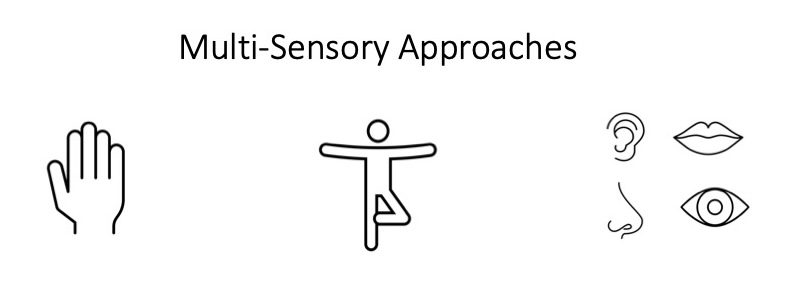Pedagogy
In Explorers we draw on a wide range of research-based pedagogical approaches to inform best practice.
Here you can read more about the pedagogy - the different approaches to teaching and learning - that informs the Explorers curriculum.
Total Communication
Use of objects, photographs, symbols, sign (Makaton) and written text to support receptive communication throughout the day.
Opportunities for language development and understanding through play.
Individual’s have access to their own individual communication systems to develop their expressive language - A range of A.A.C. is used such as P.E.C.S., Voice output devices, eye- gaze and use of inclusive technology.
More information about communication is contained in the communication area of the website.
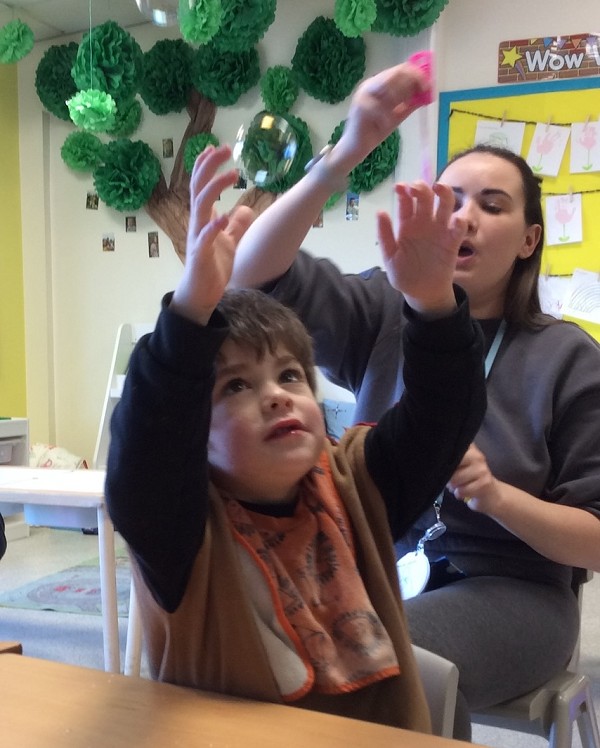
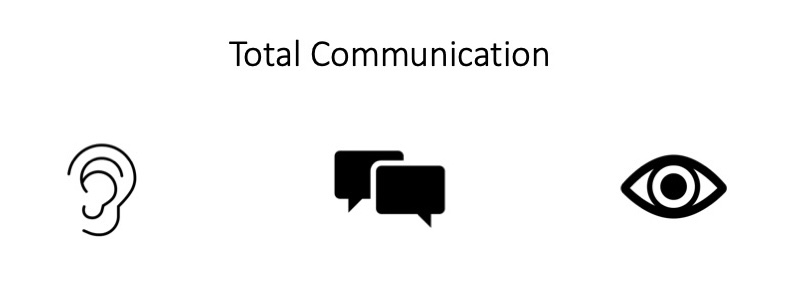
Play Based Learning
High quality resources to explore, that children have regular access to throughout the day.
Range of play opportunities including reading areas, small world, construction, role play, creative and malleable areas. Sensory exploration trays including sand and water and use of outdoor spaces.
Adults playing alongside children to support play and language development.
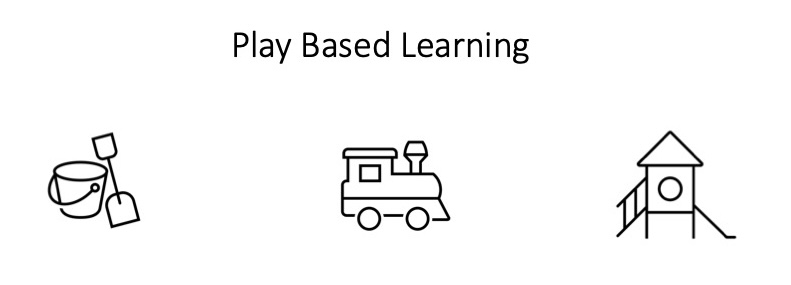
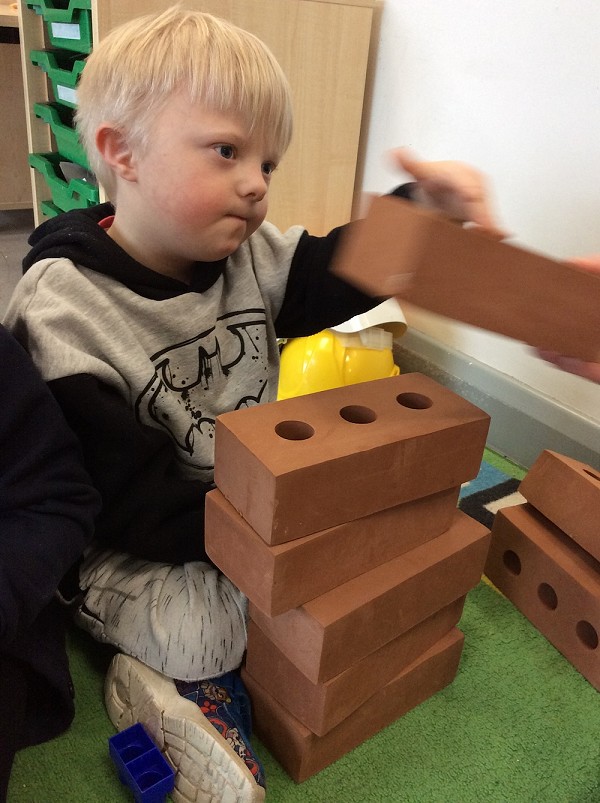
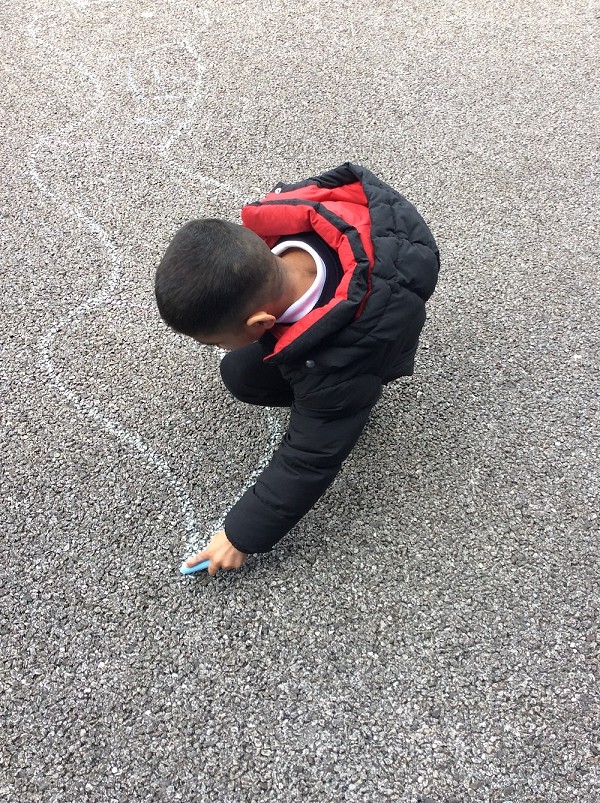
Topic Based Learning
Topics offer a range of experiences and a breadth of new vocabulary.
Thematic approaches mean children can make connections with the world around them through high quality texts and real life experiences.
‘Wow’ Events at the start of each topic give children experiences which introduce new ideas. Finale events give children an end point to work towards where they can celebrate and share what they have been learning.
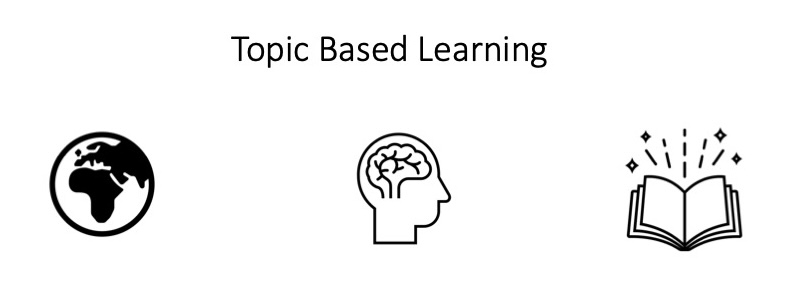
Supporting Adults
High quality interactions.
Adults observe and respond to pupil’s interests.
Adults model language, play skills and how to play alongside peers to form positive relationships.
Adults support children to regulate their emotions through modelling and nurturing relationships.
Staff get training and support through regular professional development.
The class teacher is the key person for each child as they plan and assess their development and learning.
Children are in small class bases with familiar staff who know the children to ensure their individual needs are met. They are deployed so they can support individual needs whilst encouraging independence.
Parental involvement and shared information to support the family, providing a holistic approach.
All staff in Explorers take part in supervision to discuss any specific concerns or observations they may have.
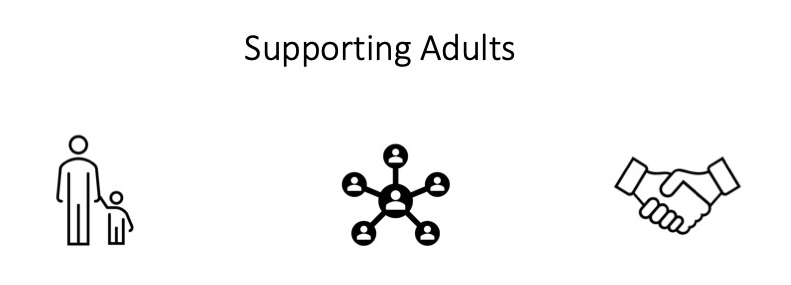
Personalised Learning
Opportunities to develop skills linked to individuals EHCP outcomes.
Whole class teaching, small group activities and one to one work with adults will be adapted and differentiated.
Flexibility for pupils to access different spaces around school.
Pupils interests are used to support learning and develop play skills.
Teachers set personalised learning outcomes and share these with supporting adults.
Children are assessed on their individual Explorers frameworks, ensuring there are high expectations for all pupils and that they can access the curriculum at their own developmental levels.
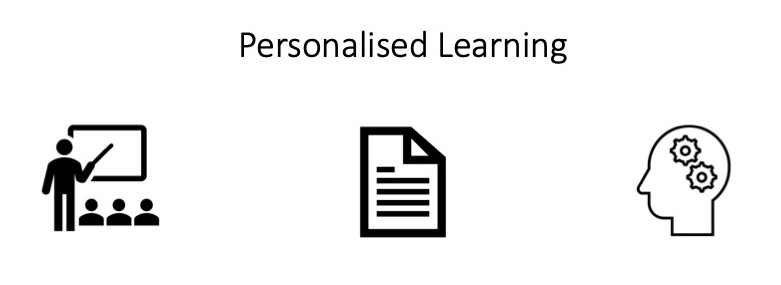
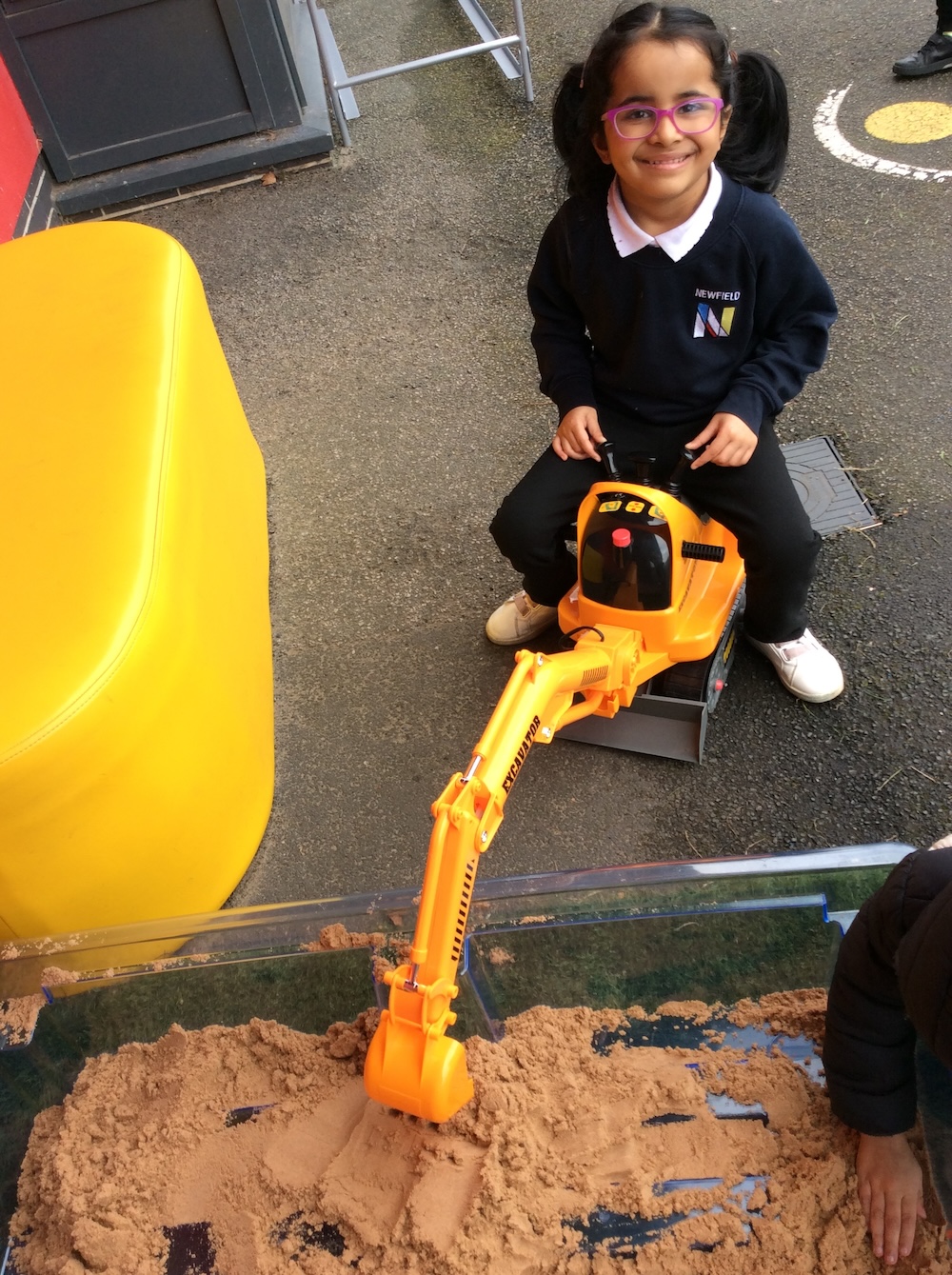
Enabling Environments
Welcoming and engaging classrooms.
High quality resources which help develop curiosity.
Clearly defined learning spaces and well organised resources so children can find what they want and need.
Hands on exploration.
Provocations and invitations to learn.
Clearly established routines and use of visual and auditory cues, so children understand transitions and develop independence.
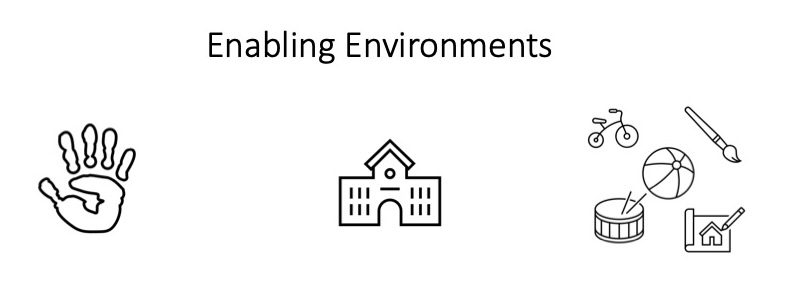
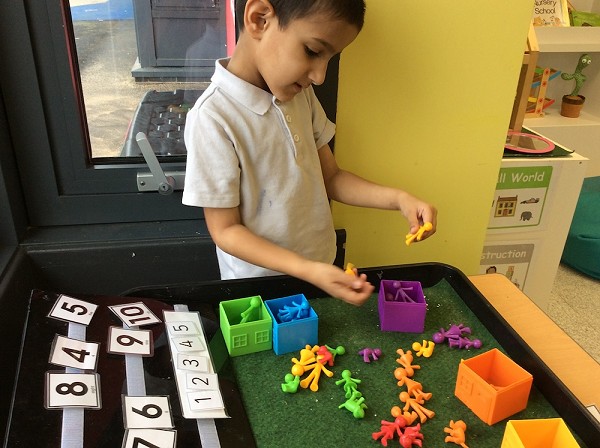
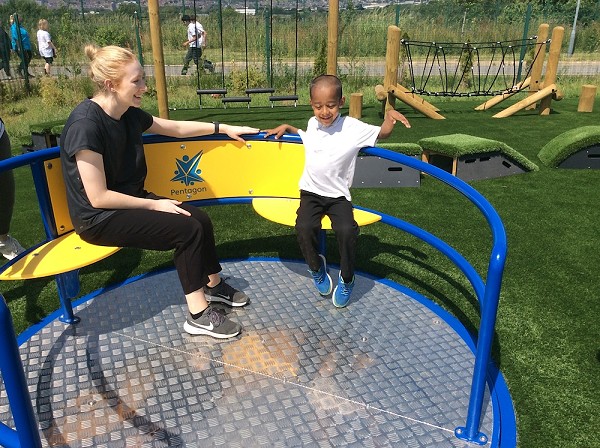
Multi Sensory Approaches
Tactile and Multi-sensory resources are used throughout the day to support curriculum delivery.
There are opportunities for pupils to touch, smell, taste, listen and look at resources in their active learning.
Children have access to sensory integration activities, movement breaks and individual sensory diets so that they learn skills to self-regulate and manage their emotions.
